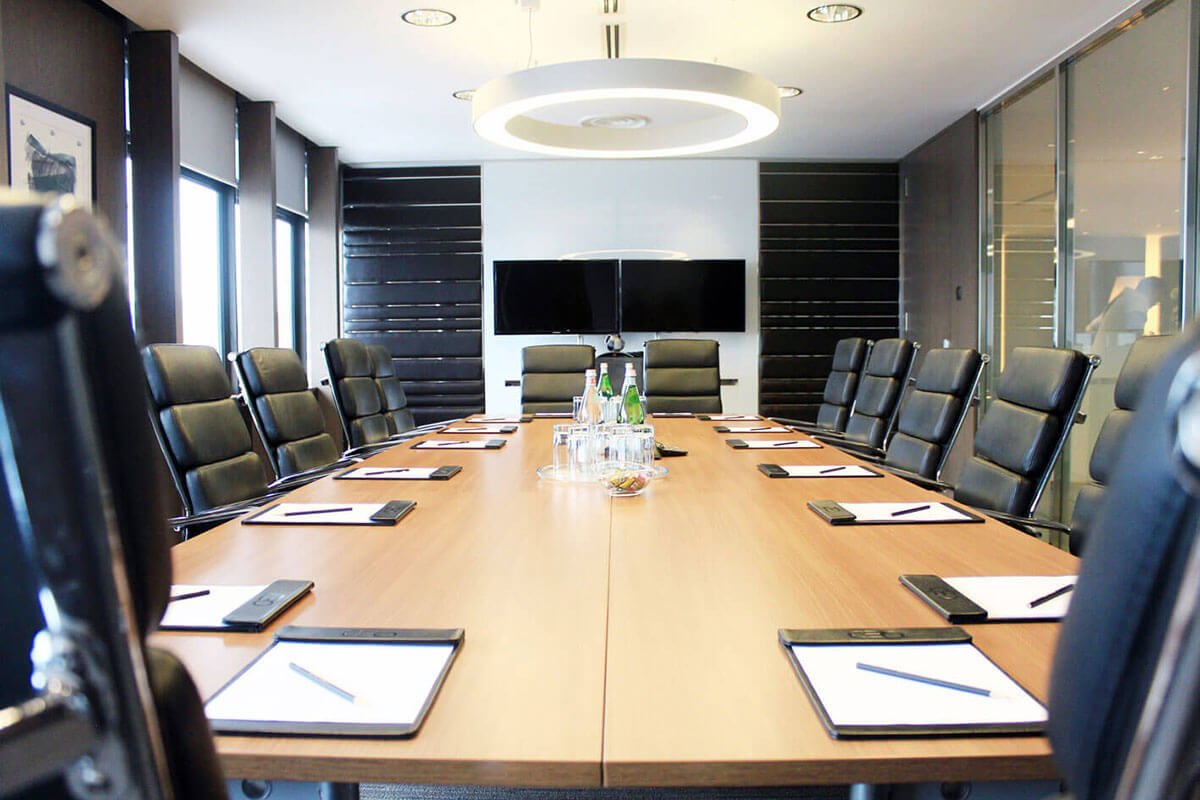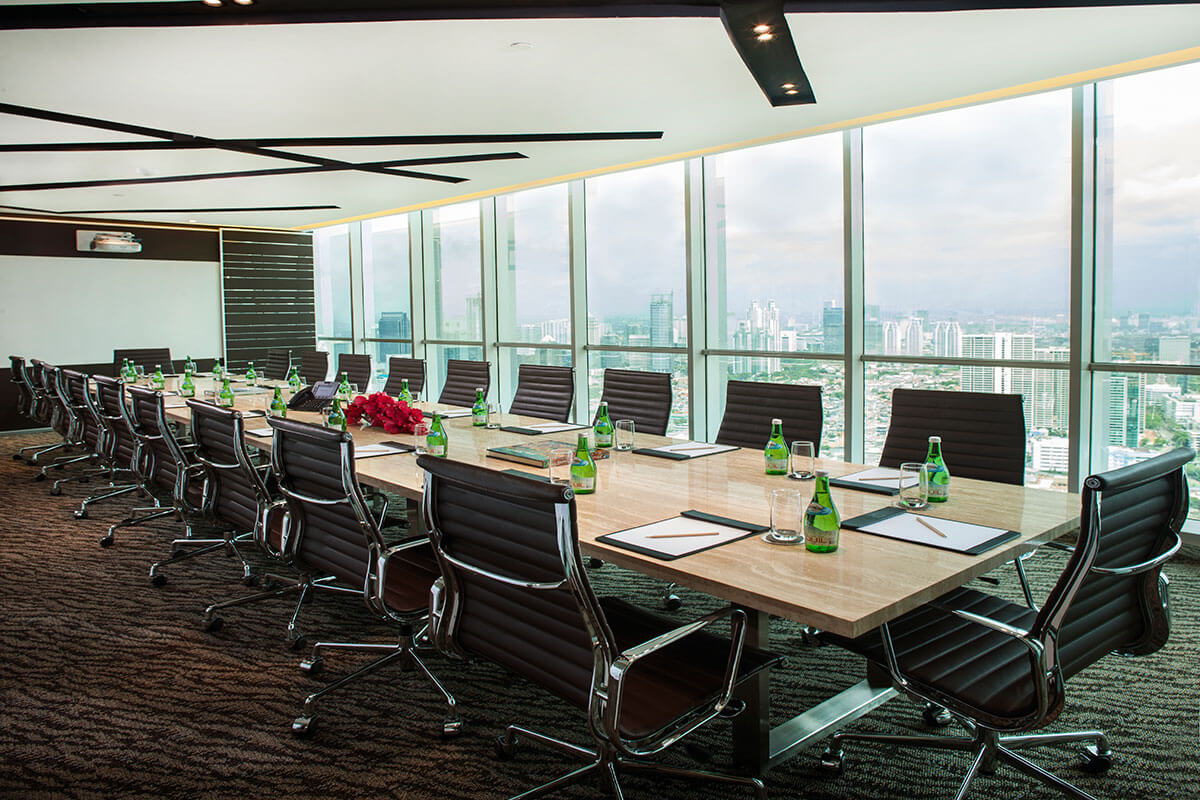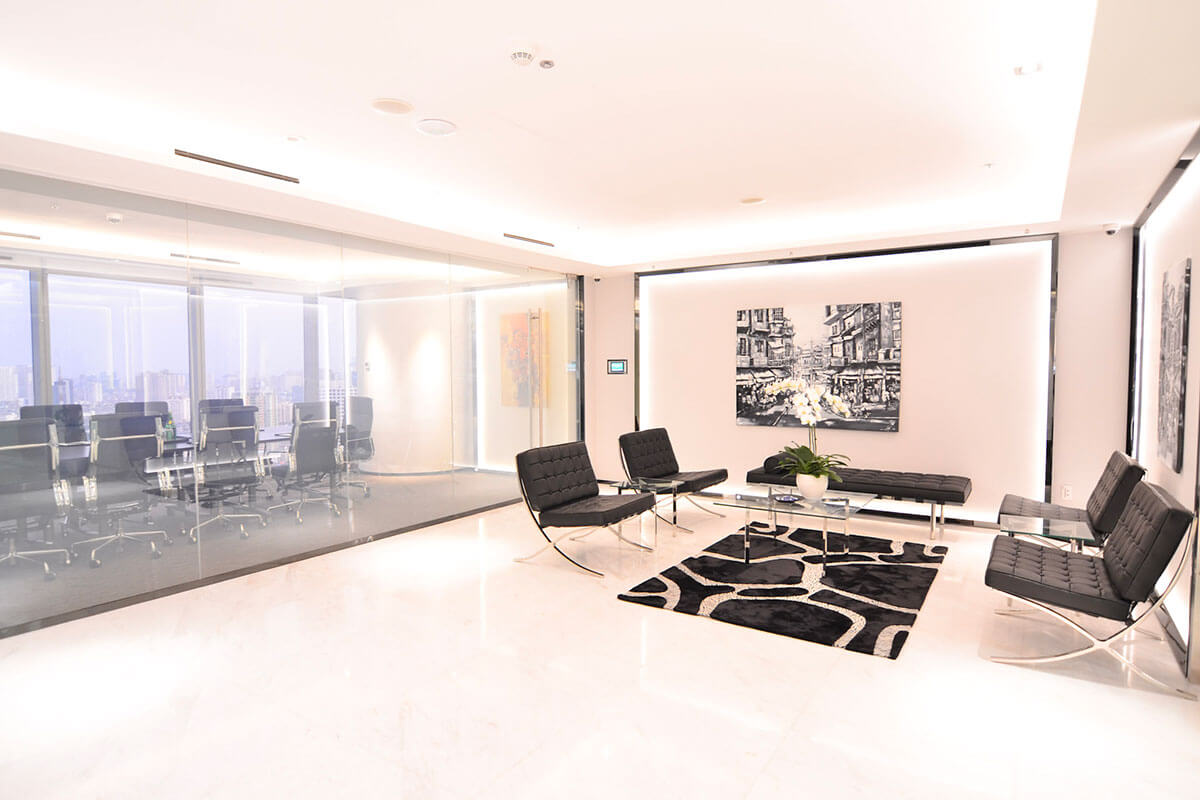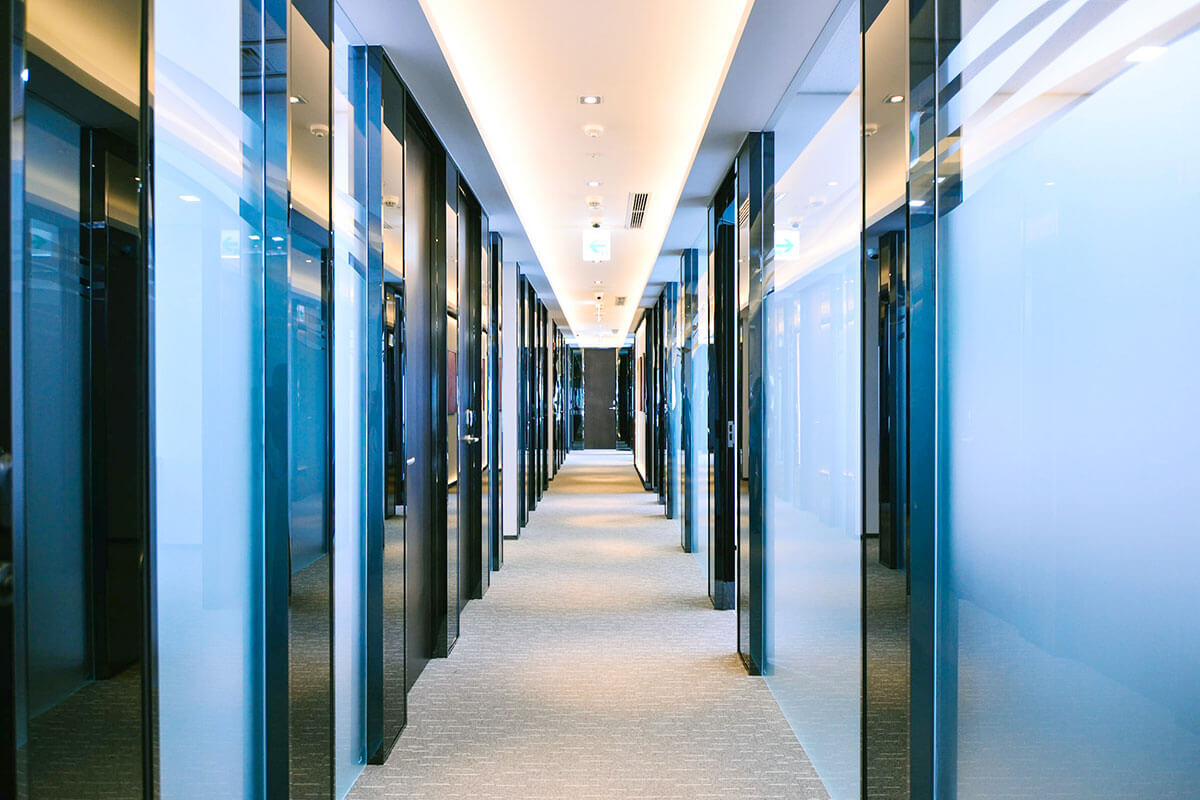The Low Down On Setting Up
The most frustrating sight in Shanghai in 2004? Perhaps the sudden appearance of shuffling lines of people trying to get through immigration at Pudong airport. They haven’t come for the beaches : Shanghai has become the centre of focus for the beady eye of the world’s business people.
But how to set-up, where to get a foothold, where to get independent advice and services? Shanghai Talk sat down with Stella Zhou of CEO SUITE (Shanghai) to find some answers.
ST: What are the advantages of renting business centres in the beginning of setting up in China, or Shanghai in particular?
Any office administrator would understand the complexities and hassles surrounding a brand new set-up, and any financial controller, the headaches with financial commitments in terms of capital investment and renovation costs.
An instant office or business centre takes the guesswork out of space requirements and making decisions about renovations and ambience. It means that clients get to determine the exact type and size of office space they require to start off with. They can also move into a readily furnished, fully equipped office with professional and multilingual receptionists and secretaries.
The result is that costs and culture shocks in doing business in China are minimized.
ST: What other kinds of special facilities or services should a business centre carry or provide for tenants?
Direct phone lines and fast-speed internet access are important. We set these up for our clients as soon as they check-in, saving them the time required for their own application (especially in an unfamiliar business environment).
It’s also vital to have a ready network of professional business partners to cater for secretarial services, as well as services such as business registration, recruitment, payroll, and translation.
Other factors that are considered important by many of our clients are boardroom and videoconferencing facilities, a central location in a prestigious neighbourhood, and a centre managed by an experienced management team.
ST: What about feng shui? Is it a factor?
Any new business can do with extra help in the luck department – from the position of doors and desks and the shape of reception and pantry areas, to colour schemes, lighting and decorative elements.
We usually consult experts when it comes to feng shui.
Often a visitor will say, “There’s something about this place I like!” They may not be aware of the feng shui aspects, but it certainly works to achieve the desired effects! Even if our clients don’t believe in it, they don’t mind if it brings them success and happiness.
ST: Who are some of your prominent clients?
We work with Warner Bros., Heinz, Estée Lauder, the Uruguay Embassy, Mizuho Securities, KPF Architecture and others.
ST: Why it is important to have professional consultation when setting up in China?
In our experience, the requirements of setting up a business in China have proven to be a lot more complicated than in many countries, so it’s important for all new entrants to engage proper professional consultants for the set-up of their operations. This will also help shorten the timeframe for the registration process.
ST: How do you forecast the market in Shanghai over the next five or six years?
China today is the biggest market in Asia and being the commercial hub of China, Shanghai would certainly be the main beneficiary of the country’s progress. In additional to the 2010 EXPO, the impending lift of quotas for the textile industries globally should only equate to one sum for us and our industry – the anticipation of more companies looking to either set-up operations in China or relocate their offices to China.
That’s why we’ll be pressing hard towards the development of a more sophisticated business model to ensure our adaptability and accommodation to this increasing demand.
Apr 26, 2013




 English
English
 Bahasa
Bahasa
 日本語
日本語
 한국어
한국어
 tiếng Việt
tiếng Việt
 中文
中文






